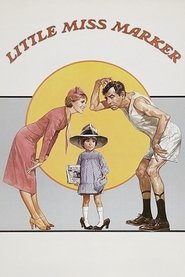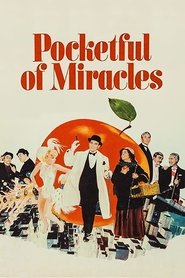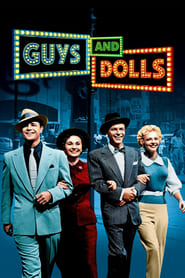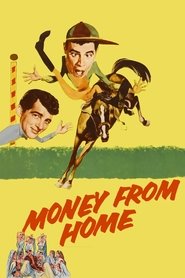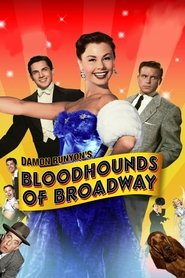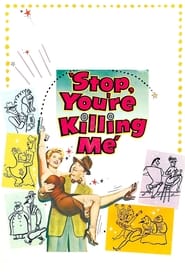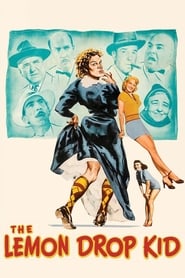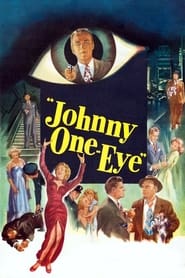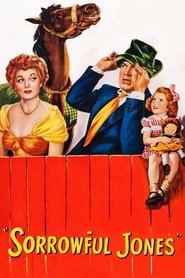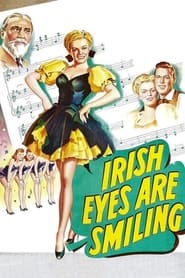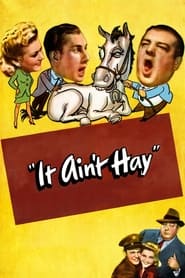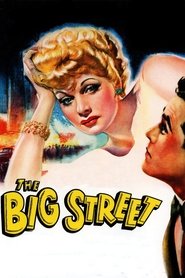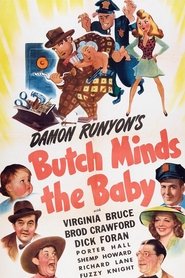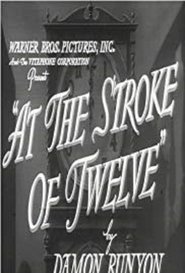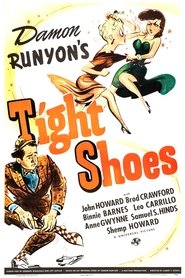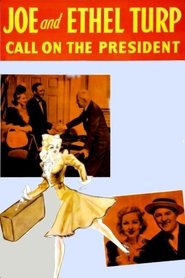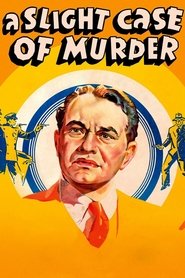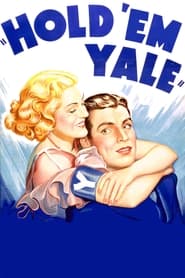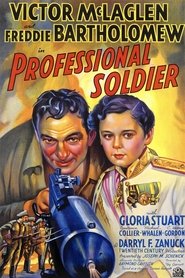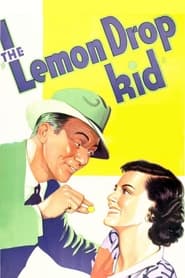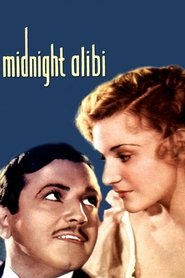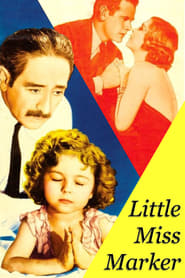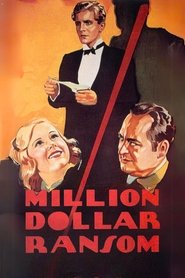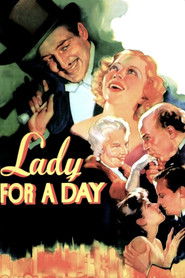Damon Runyon
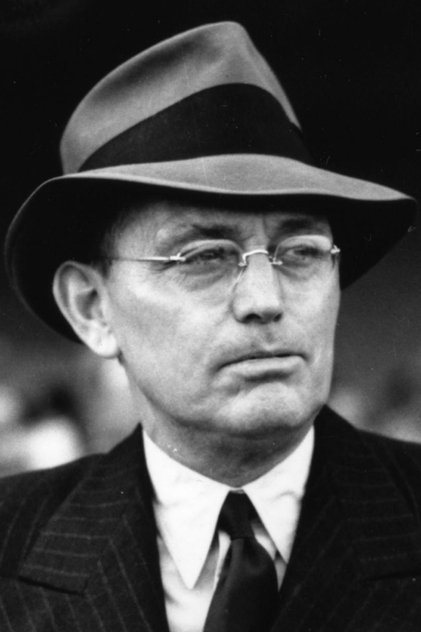
Known For: Writing
Gender: Male
Date of Birth: October 4, 1884
Day of Death: December 10, 1946 (62 years old)
Place of Birth: Manhattan, Kansas, USA
From Wikipedia, the free encyclopedia Alfred Damon Runyon (October 4, 1880 – December 10, 1946) was an American newspaperman and short-story writer. He was best known for his short stories celebrating the world of Broadway in New York City that grew out of the Prohibition era. To New Yorkers of his generation, a "Damon Runyon character" evoked a distinctive social type from the Brooklyn or Midtown demi-monde. The adjective "Runyonesque" refers to this type of character as well as to the type of situations and dialog that Runyon depicted. He spun humorous and sentimental tales of gamblers, hustlers, actors, and gangsters, few of whom go by "square" names, preferring instead colorful monikers such as "Nathan Detroit", "Benny Southstreet", "Big Jule", "Harry the Horse", "Good Time Charley", "Dave the Dude", or "The Seldom Seen Kid". His distinctive vernacular style is known as "Runyonese": a mixture of formal speech and colorful slang, almost always in present tense, and always devoid of contractions. He is credited with coining the phrase "Hooray Henry", a term now used in British English to describe an upper-class, loud-mouthed, arrogant twit. Runyon's fictional world is also known to the general public through the musical Guys and Dolls based on two of his stories, "The Idyll of Miss Sarah Brown" and "Blood Pressure". The musical additionally borrows characters and story elements from a few other Runyon stories, most notably "Pick The Winner". The film Little Miss Marker (and its two remakes, Sorrowful Jones and the 1980 Little Miss Marker) grew from his short story of the same name. Runyon was also a well-known newspaper reporter, covering sports and general news for decades for various publications and syndicates owned by William Randolph Hearst. Already famous for his fiction, he wrote a well-remembered "present tense" article on Franklin Delano Roosevelt's Presidential inauguration in 1933 for the Universal Service, a Hearst syndicate, which was merged with the co-owned International News Service in 1937.


